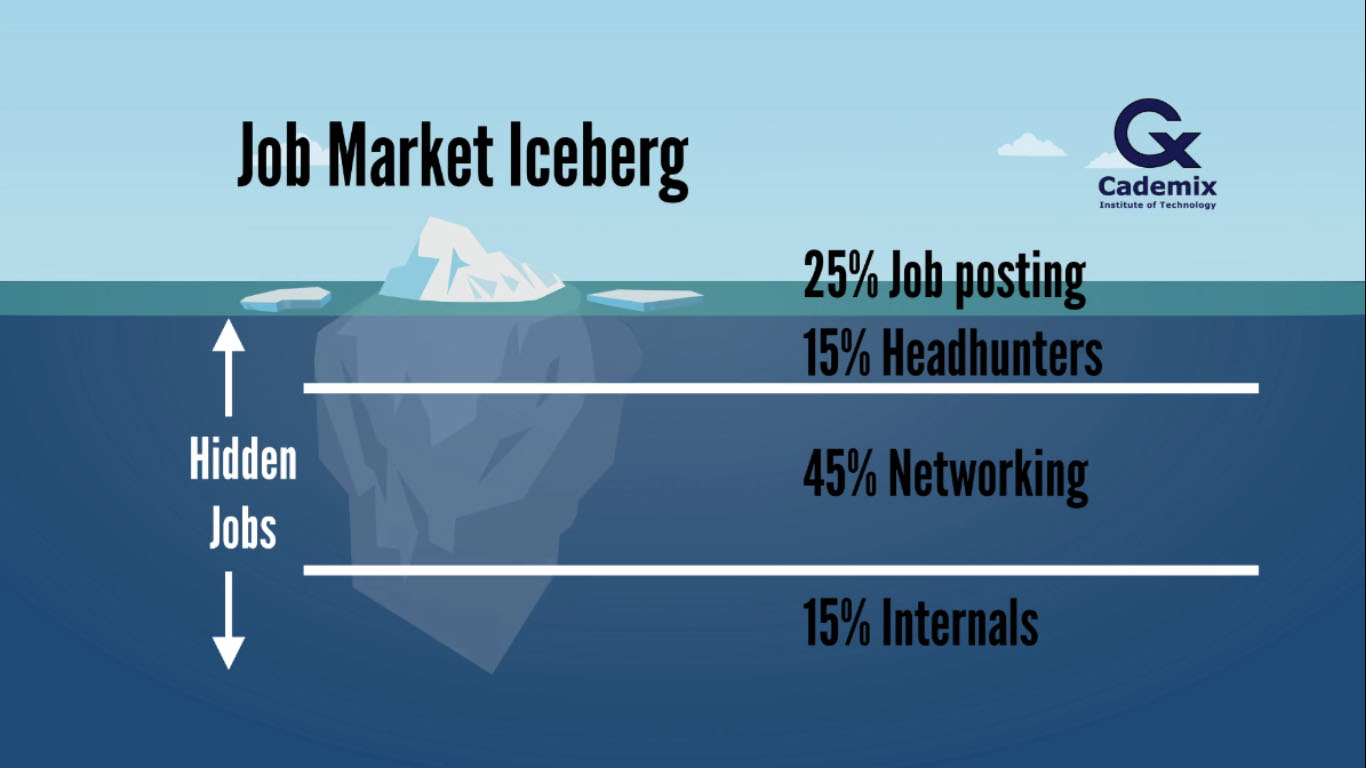Cademix Institute of Technology, Vienna, Austria | +43 650 967 7080 | info@cademix.org


Cademix Institute of Technology
Job seekers Portal for Career Acceleration, Continuing Education, European Job Market
People also visited:
LensCrafters Eye Exam: Comprehensive Care for Your Vision Needs
Difficulties of Voluntarily Rescuing Stray Dogs in Iran
Financial Security for International Students and Job Seekers: Managing Liquidity, Living Costs, and...
Quality Assurance & Quality Control
Red Contact Lenses: Stylish Choices and Essential Safety Tips
Eyeglass Lens Replacement: A Comprehensive Guide to Benefits, Types, and Considerations
AI-Driven Predictive Maintenance in High-Voltage Power Systems
The Cognitive Biases Behind Misinterpreting Job Offers
German Bildungsgutschein Vouchers: Opportunities for International Weiterbildung and Continuing Educ...
Sustainable Interior Design with the help of ArchiCAD
Followers, Fame, and the Making of an Influencer
Study in Europe Consultants: A Comprehensive Guide
Criticism in European Business Culture
Accelerating Success: Tailored Mentorship for International Professionals in Navigating Offers
Tailored Continuing Education: Challenges in Transitioning PhD Candidates to Sustainable Careers
Color Contacts for Astigmatism: Benefits, Risks, and Important Considerations
Revolutionizing Manufacturing: The Future of Industrial Automation
Self-Care Tips for Professionals: Maintaining Eye Health with Regular Eye Check Ups
SEO Performance Metrics: From Data to Strategy
Pre Reg Optometrist Jobs: A Comprehensive Guide for Aspiring Optometrists
Scrum in Pharma Industry and Agile Drug Development
How GPT-4o Enhances Text, Voice, and Vision - GPT-4 Capabilities
Comprehensive Guide to CV Format Free: How to Create, Customize, and Use Free CV Templates for Job A...
RX Safety Glasses: Protecting Your Vision with Style and Function
People also visited:
The Overemphasis on Ethical Considerations in AI Development
Luxury Sale Channel Manager - Professional Work from Home
AI-Driven Predictive Maintenance in High-Voltage Power Systems
Silicone Hydrogel Contact Lenses: Benefits, Features, and Considerations
Freelance Architect Job, Design and Make Money
When Fashion "Models" be replaced by AI and Robots?
How to Cultivate Mental Agility? 4 Concrete Steps to Build it
Nursing Ausbildung vs. University Pathway in Germany: Choosing the Right Route
Comprehensive Guide to Good Resume Templates: How to Choose and Use Them Effectively
Pre Reg Optometrist Jobs: A Comprehensive Guide for Aspiring Optometrists
Oasys Contact Lenses: A Detailed Review of Their Advantages and Disadvantages
Authorship Privacy Policy at Cademix: A Balance of Anonymity and Accountability
Exploring Locum Tenens Optometrist Opportunities: The Quick Guide
How To Use AI To Boost Career Confidence In A VUCA Job Market
Production of Lipstick
The Impact of TinkerCAD and FreeCAD in the Industry
Biofinity Contact Lenses: A Guide to Comfort and Performance
Exploring Career Opportunities in Optician Jobs: A Detailed Guide
Strategies to Manage Gossip During Training for Foreign Job Seekers
Optometrist for Hire: A Comprehensive Guide for Employers and Job Seekers
Agile Management in Marketing for Rapid Business Growth
Confidentiality during Job Training: A Guide for Employers
Critical Perspectives on Semiconductor Fabrication Processes and Optical Packaging in Quantum Integr...
Pectin In Jam

